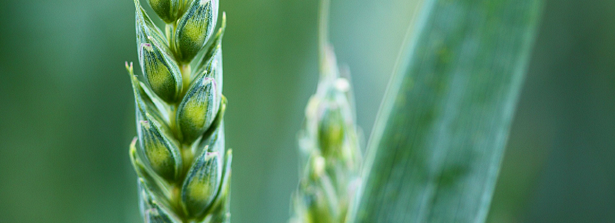Report Agricultural Innovation Seminar

The role of innovation for food system transformation is increasingly acknowledged, but what this actually entails and how innovation thinking can be applied and encouraged in practice often remains unclear. Therefore, the Food & Business Knowledge Platform (F&BKP), in close cooperation with Wageningen Centre for Development Innovation (WCDI) and the Ministry of Agriculture, Nature and Food Quality (MinAgri), organized a seminar focusing on “Agricultural Innovation – Innovation Thinking for Food System Transformation”. A large existing Dutch body of practice and theory on agricultural innovation came together on April 17, 2019 in The Hague to explore how new insights can be put to use for global food security.
Download the four-page report of the seminar (PDF).
In the upcoming policy note on food security, the Dutch government strives to connect Dutch expertise with local knowledge and innovation to enhance food security, and the need for food system transformation is emphasized. But what are we talking about when we talk of food systems? In general, systems can be described as complex entities in which the elements that constitute the system create feedback and feed forward loops. There are different ways to approach a system. Ideas may vary on what is needed to change it, and with every approach a different part of the system might be emphasized more than others. Whereas one might focus on the infrastructure that connects the different parts of the system, others might focus on the function that a system has. The Netherlands has a rich and famous history in innovation thinking in agriculture.
Through four practical cases (BENEFIT of WCDI; East-West Seed Knowledge Transfer; Omnivent Myanmar; and DNA self-toxicit of Koppert) it was identified how innovation thinking can be applied in practice, what barriers can be encountered and what the successes are. Attention was given to what works and what does not work in scaling these successes, and how these lessons learned can inspire the implementation of Dutch ambitions for food security.
In the concluding remarks, the following was highlighted:
- When looking at food systems, innovations and how innovations can contribute to food system transformation, it is important to realize that there is a wide variety of players in the food system, each with their own role and their own perspective. A first step is therefore to widen our views and acknowledge the other players in the field. A next step is to think beyond sectoral boundaries and become aware of the interconnectedness of, for example, the agriculture, nutrition and health sector.
- In all this, connections should be maintained between research, innovation (at any level) and policy. If innovations are to be embraced on a more systemic level, it is key that universities, ministries and extension services adopt their own innovation policies and practices. They should also focus on how“our” ideas and innovations can fit the specific context and local actors and create a synergy with what is already there?
- Bringing actors around the table, learn from each other’s perspectives and create a mutual understanding of what we are working towards is crucial to be able to contribute to sustainable food system transformation. It is the policymakers’ responsibility to facilitate these connections, ask the right questions to trigger innovation thinking, and always keep an eye on those who are supposed to benefit from the technology. After all, ultimately innovation starts on the farm – where farmers experiment daily to overcome their binding constraints.
Please download the full four-page report of the seminar (PDF), including the introduction and four pitches (PDF) and the presentation (PDF) by Cees Leeuwis “How can ‘innovation thinking’ help to transform Food Systems?”





